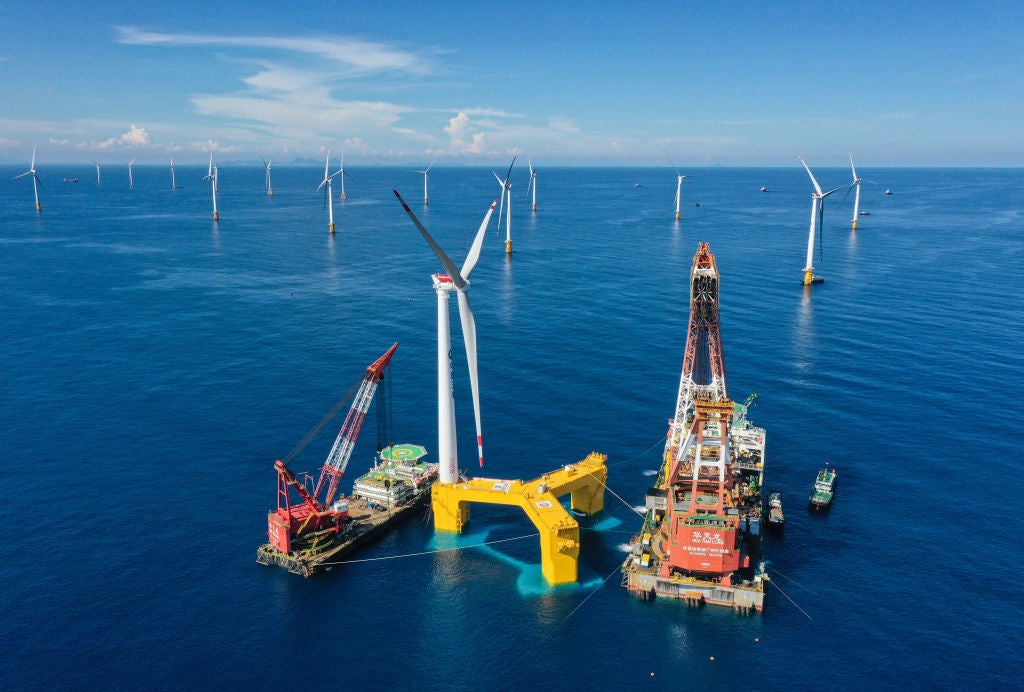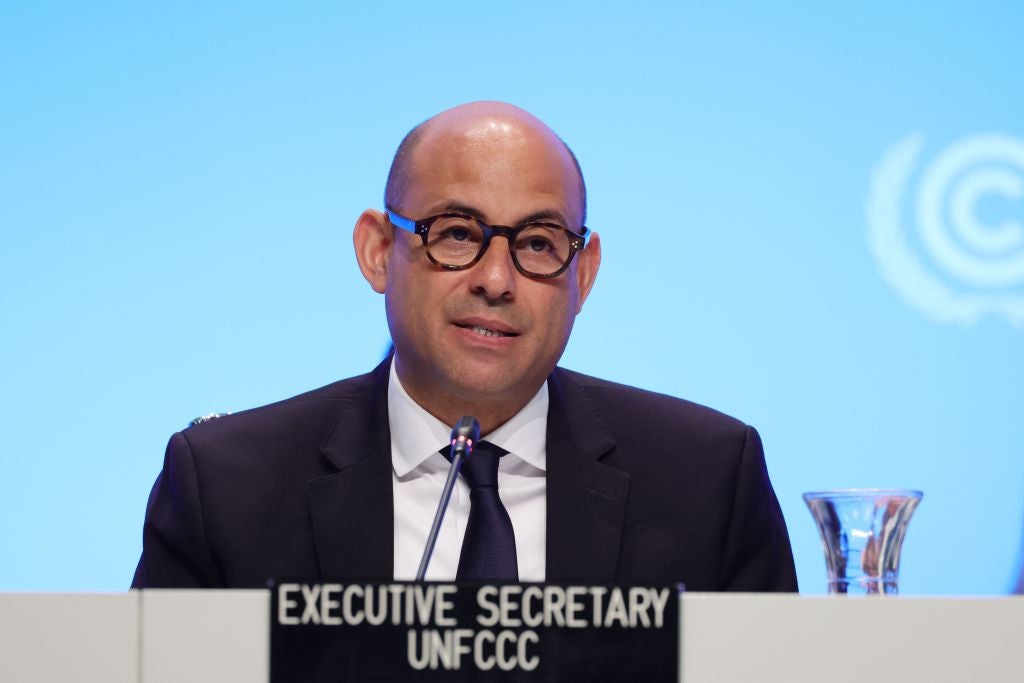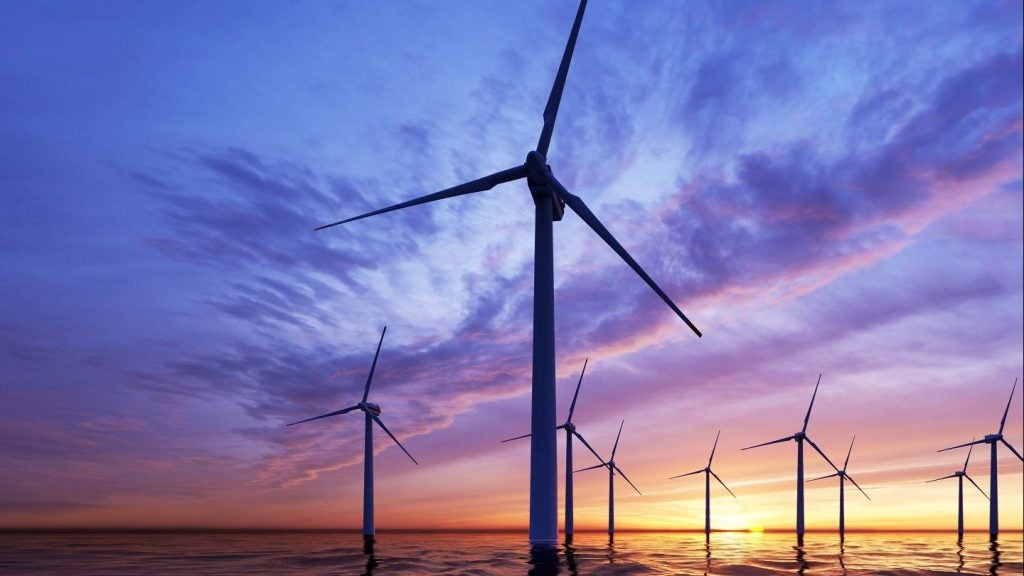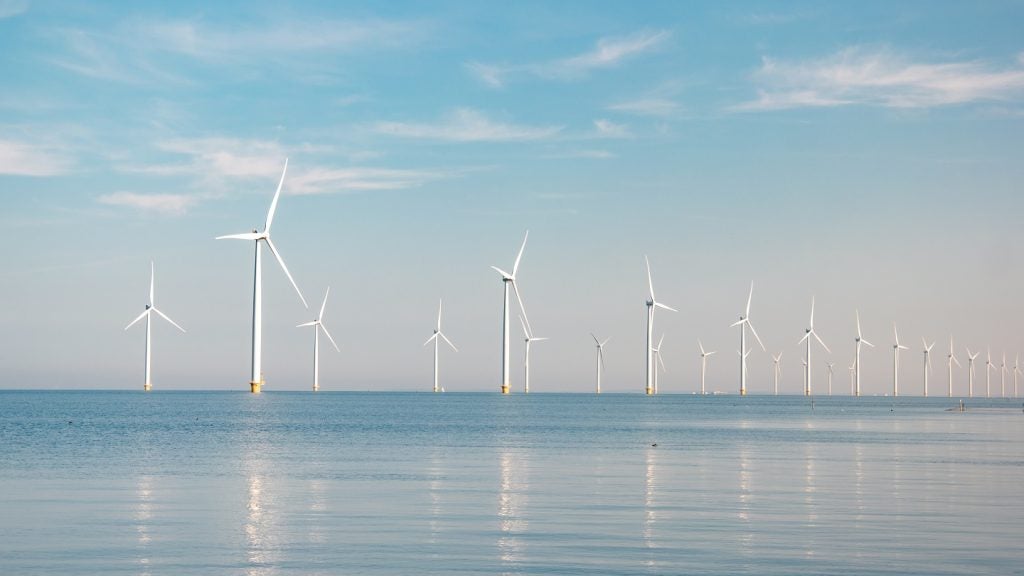Leaders of the world’s largest economies agreed to support efforts to triple renewable capacity by 2030 during this weekend’s G20 negotiations in India.
Discussions among G20 nations were fraught, however, when it came to the phase-out of fossil fuels with several major emitters remaining committed to fossil fuel production.
Speaking at a press conference, Amitabh Kant, a senior Indian Government official who led a number of the negotiations that took place in the state of Goa, described the agreement as “probably the most vibrant, dynamic and ambitious document on climate action”.
Most climate and energy experts have not been as positive about the commitments. In total, the G20 nations account for 80% of all greenhouse gas emissions, making their agreements central to global decarbonisation efforts.
According to the International Energy Agency, it will not be possible to reach net zero by 2050 without halting the production of fossil fuels.
Officials issued an outcome statement at the end of negotiations rather than a joint communiqué, which is issued when countries come to a complete agreement on all issues.
The declaration will be used to set the stage for this year’s COP28 climate summit taking place in Dubai later this year. Environmentalists and global political leaders have already expressed concern that the summit will lack the ambition required to limit global warming to 1.5⁰C.
Leaders discussed controversial carbon-capture technologies this weekend, which are favoured by oil-producing countries such as Saudi Arabia and the United Arab Emirates. According to the outcome statement, G20 countries will “demonstrate similar ambition with respect to other zero and low-emission technologies, including abatement and removal technologies”.
Supporters maintain that carbon capture is a necessary step to reaching net zero whereas its detractors maintain that it is a distraction from the true challenge of phasing out fossil fuels.
Renewables progress
For the first time, the G20 agreed on the sum required to shift the energy system to clean alternatives. According to the statement, $5.9trn is needed by 2030 to help developing countries meet their climate goals, and an additional $4trn will be needed every year to the end of the decade if developing countries are to meet net-zero emissions by 2050.
National leaders discussed the importance of phasing down fossil fuel use in line with the differing economic and development scenarios of different countries.
The question of differentiated responsibilities between developed and developing nations has been a key point of contention in recent climate change discussions.
Environmentalists have celebrated the agreement on renewables but remain disappointed that a more ambitious agreement was not reached on fossil fuels.















